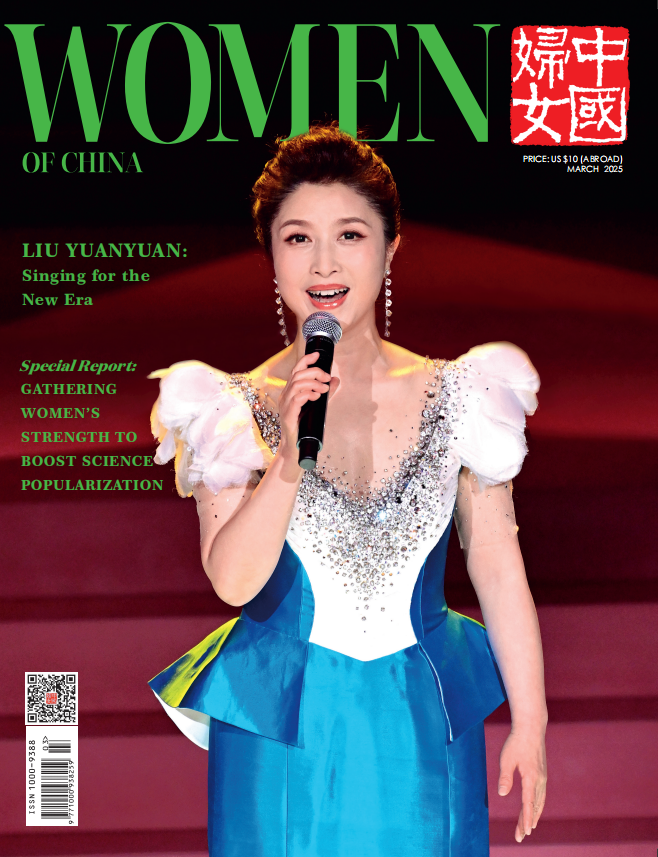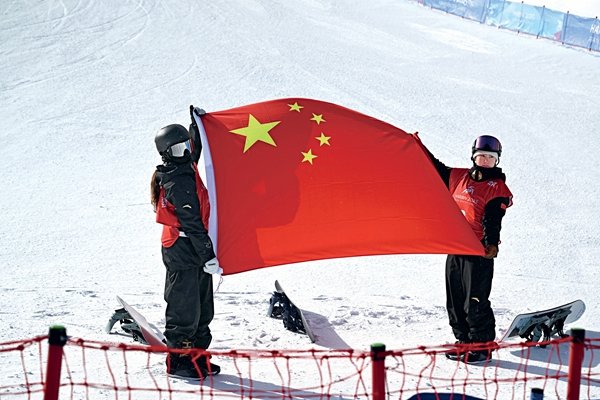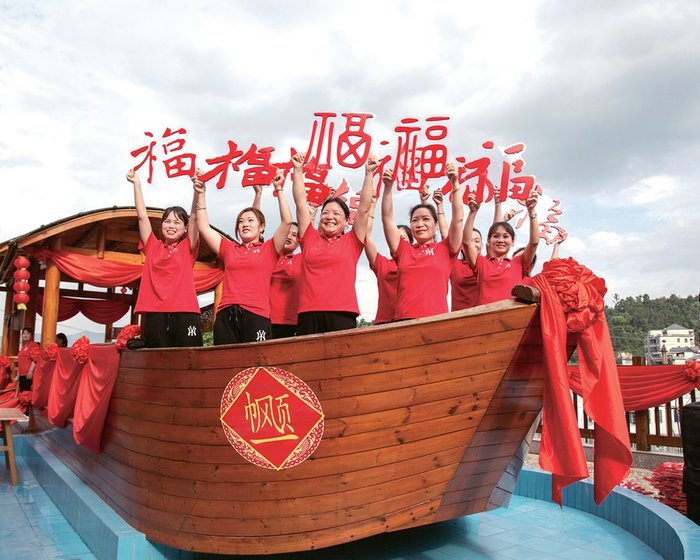Chinese Youths Strive to Become World Leaders in Sci-Tech
 |
| Researchers pose for a group photo after the success of an experiment at the control center of the experimental advanced superconducting tokamak (EAST) in Hefei, east China's Anhui Province, April 12, 2023. [Xinhua/Zhang Duan] |
HEFEI, May 4 (Xinhua) — Despite working in the research field of magnetic confinement fusion for nine years, Wang Teng, 31, is still amazed by the fact that the scientific term he accidentally read in high school would later become his career, where he and his team have even been able to break world records.
On April 12, the experimental advanced superconducting tokamak (EAST), or the Chinese "artificial sun," achieved a steady-state high confinement plasma operation for 403 seconds, a key step toward the development of a fusion reactor.
The breakthrough is a huge improvement over the original world record of 101 seconds, which was set by EAST in 2017. It is of great significance to improve the economy and feasibility of nuclear fusion energy, which is considered safer and cleaner, and therefore the ideal "ultimate energy" for the future of humanity.
As a "post-90s" researcher, Wang is a member of the Chinese "artificial sun" team.
"When I was a sophomore in high school, I saw a popular science article about magnetically confined fusion. I got so interested in this concept at that time, but I didn't expect to be able to participate in related work," Wang recalled.
In 2014, Wang joined the team of EAST, located at the Institute of Plasma Physics under the Chinese Academy of Sciences (ASIPP) in Hefei, capital of east China's Anhui Province.
"People usually only see the joy of success, but the failure behind it is always unknown," Wang said.
Wang said that it took more than four years to go from proposing a problem related to the quench detection for superconducting magnets to completing the system. There were no cases that could be used as a reference at home or abroad, with the very concept itself even facing scrutiny.
"I thought about giving up, but I kept telling myself that scientific exploration is often a process from zero to one, and the dawn is just ahead," Wang said.
After countless failures and sleepless nights, he finally established a system to ensure the safe and stable operation of the device.
"Every technical breakthrough makes this young team grow," said Song Yuntao, director of the ASIPP.
Qin Jinggang, 43, said that the process of leading the team to tackle superconducting cable technological problems of the EAST is the most memorable experience of his career.
As the leader of the applied superconducting engineering technology team of EAST, Qing recalled that after more than 1,000 days and nights of hard work, the team finally managed to make the superconducting cables unbreakable.
"We are a team consisting of members from different majors, but we have the same scientific goal," Qing said, adding that most of the more than 30 researchers in the team are "post-80s" like him.
According to data from the Ministry of Science and Technology, more than 80 percent of the participants in China's national key research and development programs are under the age of 45.
Sci-tech talent aged 39 and below accounted for 73.89 percent of all sci-tech personnel by the end of 2019, according to a report on the country's sci-tech human resources development released by the China Association for Science and Technology in 2022.
"Our generation will take the baton from our predecessors and move forward," Wang said.
Now, in addition to scientific research, he also devotes to science popularization work, hoping that more young people can join scientific research with curiosity and yearning for science like him.
(Source: Xinhua)
Please understand that womenofchina.cn,a non-profit, information-communication website, cannot reach every writer before using articles and images. For copyright issues, please contact us by emailing: website@womenofchina.cn. The articles published and opinions expressed on this website represent the opinions of writers and are not necessarily shared by womenofchina.cn.








.jpg)

 WeChat
WeChat Weibo
Weibo 京公网安备 11010102004314号
京公网安备 11010102004314号